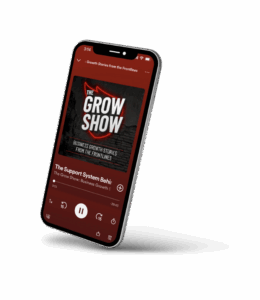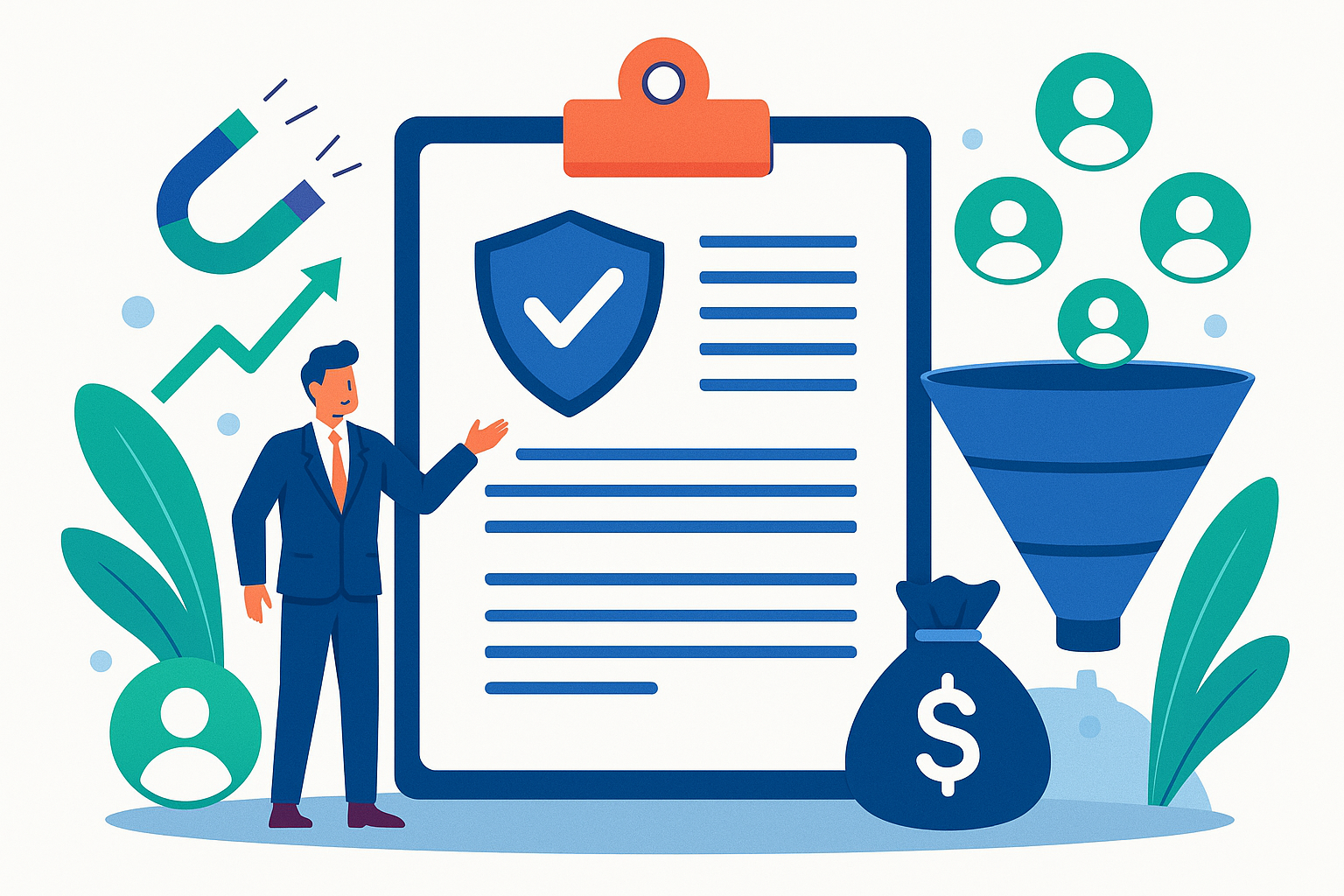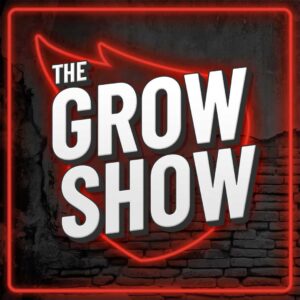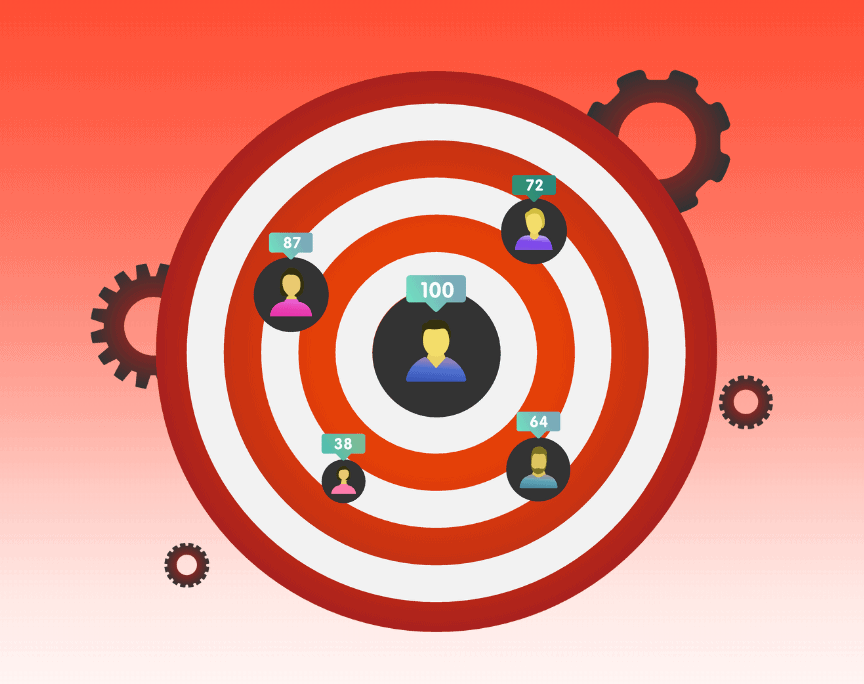If you’re running an insurance agency or brokerage, you’ve likely looked into lead generation services to keep your pipeline full. With competition growing and consumer habits shifting online, insurance lead generation services offer a way to scale efficiently — but they are not all created equal.
Understanding what to expect from these services can make the difference between consistent growth and wasted spend. In this article, we’ll break down how these services work, what different models look like, and how to choose a partner that aligns with your business goals.
Whether you’re focused on life, health, auto, home, or commercial lines, you’ll get the clarity you need to make an informed decision — and maximize ROI.
Contents
- 1 What Are Insurance Lead Generation Services?
- 2 Exclusive vs Shared Leads: What’s the Difference?
- 3 Lead Sources and Campaign Types
- 4 Compliance and Data Security: What You Must Know
- 5 What to Look for in a Lead Generation Provider
- 6 Setting Realistic Expectations
- 7 In-House vs Outsourced Lead Generation
- 8 Measuring ROI on Insurance Leads
- 9 Scaling with Lead Generation Services
- 10 Choose a Partner, Not Just a Provider
What Are Insurance Lead Generation Services?
Insurance lead generation services help agencies and carriers connect with potential policyholders. These services use a combination of marketing tactics — including digital ads, SEO, email, and social media — to attract and convert leads that fit your target criteria.
Leads may be generated through landing pages, inbound calls, forms, or even live transfers. The goal is to provide your sales team with a list of people who have expressed interest or demonstrated buying intent.
Why Agencies Turn to Lead Generation Services:
- Reduce in-house marketing costs
- Scale outreach quickly
- Get access to proven systems and data
- Improve lead consistency and quality
But the value you get depends heavily on the model, vendor, and level of transparency provided.
Exclusive vs Shared Leads: What’s the Difference?
One of the first decisions you’ll face when evaluating a lead service is whether to go with exclusive or shared leads. Each has advantages and tradeoffs depending on your sales team’s structure, budget, and goals.
Exclusive Leads:
These are leads sold only to your agency. No competitors receive the same contact.
Pros:
- Higher close rates
- Less price competition
- Better brand control
- Easier to personalize follow-up
Cons:
- Higher cost per lead (typically 2x or more)
- Smaller volume compared to shared lead pools
Exclusive leads are best for agencies that have skilled closers, value quality over quantity, and want full control over the buyer journey.
Shared Leads:
These leads are sold to multiple agencies (usually 2–5). They tend to be lower cost and higher volume.
Pros:
- Lower cost per lead
- Easier to scale quickly
- More data points for testing campaigns
Cons:
- Fierce competition to be first
- Lower conversion rates
- Leads may feel overwhelmed or frustrated
Shared leads work well for large teams with high call volume and fast response times. If you have a robust dialing strategy and CRM automation, shared leads can still deliver solid ROI.
Lead Sources and Campaign Types
Not all leads come from the same source, and knowing where your leads originate is critical. Reputable services should be transparent about how and where they generate leads.
Common Lead Sources:
- Search Advertising (Google/Bing): High-intent users searching for coverage
- Social Media Ads (Facebook, Instagram): Mid-funnel users drawn in by content or promos
- Content Marketing and SEO: Blog posts, guides, and quizzes driving organic traffic
- Email Campaigns: Nurturing databases or purchased lists
- Native Advertising: Sponsored content on news and lifestyle sites
- Direct Partnerships: Co-branded landing pages or affiliate relationships
Campaign Models:
- Inbound Form Fills: Users submit their info for quotes or consultations
- Click-to-Call: Users call a tracking number after seeing an ad
- Live Transfers: Pre-qualified leads are transferred in real time to your sales team
- Appointment Setting: The provider books a consultation on your calendar
- Aged Leads: Older leads at a lower price point, used for reactivation or nurturing
Understanding the lead journey helps you tailor your sales scripts, follow-up cadence, and expectations.
Compliance and Data Security: What You Must Know
Insurance is a regulated industry. Any third-party service generating leads on your behalf must follow compliance standards to protect both your business and the consumer.
Key Compliance Areas:
- TCPA: Leads must consent to be contacted by phone or text
- CAN-SPAM: Rules for email marketing opt-outs and disclosures
- DNC Lists: Respect national and state Do Not Call registries
- HIPAA (for Health Lines): Protect sensitive health-related information
Ask every vendor to confirm:
- Their process for collecting consent
- If calls or clicks are recorded and tracked
- Whether they provide lead source and time stamps
- How they store and protect data
Choosing a vendor that understands these requirements is not optional — it’s critical to avoid fines, complaints, or revoked licenses.
What to Look for in a Lead Generation Provider
Once you understand the basics, it’s time to evaluate providers. Beyond pricing, focus on transparency, support, and performance.
Evaluation Criteria:
1. Transparency
- Do they clearly state how leads are generated?
- Will they provide performance reports?
- Can you track source and lead status in real time?
2. Customization Options
- Can you filter leads by geography, product line, or demographic?
- Do they offer exclusivity zones or tiers?
3. CRM Integration
- Can the leads be routed directly into your CRM?
- Do they support automation tools like email drip campaigns or dialers?
4. Performance Guarantees
- Is there a refund or credit policy for invalid leads?
- Can you pause or adjust campaigns mid-stream?
5. Customer Support
- Do they assign an account manager?
- How fast is their response time?
- Are training and onboarding included?
Vet providers carefully. A few extra questions upfront can save time, money, and frustration down the road.
Setting Realistic Expectations
No lead generation service is magic. Even exclusive, high-intent leads still require consistent follow-up, clear value messaging, and a well-trained sales team.
What to Expect:
- Not every lead will convert
- Speed to lead matters — aim to follow up within 5 minutes
- Lead quality can vary based on campaign type, seasonality, and ad spend
- Ongoing optimization is essential
Track your close rates, identify top-performing channels, and work with your provider to improve campaigns over time.
In-House vs Outsourced Lead Generation
Some agencies consider building their own lead generation engine in-house. While this offers full control, it comes with added complexity.
Pros of In-House:
- Full visibility and customization
- Long-term asset building (content, audience, brand)
- Potentially lower CPL over time
Pros of Outsourcing:
- Speed to launch
- Lower overhead and staff costs
- Access to expert teams and technology
In reality, many agencies use a hybrid approach: outsourcing some campaigns while developing in-house SEO, referral programs, or partnerships.
Measuring ROI on Insurance Leads
It’s critical to track performance metrics so you can compare vendors, optimize strategies, and reinvest in what works.
Key Metrics to Track:
- Cost per lead (CPL)
- Contact rate (calls/emails connected)
- Quote rate (leads who get a quote)
- Close rate (leads who purchase a policy)
- Average policy value or premium
- Lifetime value of the customer
Compare results across channels and providers to find your most efficient sources.
Scaling with Lead Generation Services
Once your lead management system is dialed in, lead generation services allow you to grow predictably. Many agencies start with a small campaign, test results, and gradually scale based on performance.
Tips for Scaling:
- Start with one or two product lines or states
- Test both exclusive and shared leads
- A/B test scripts and follow-up cadences
- Invest in sales training to maximize close rates
- Use retargeting ads to recapture unconverted leads
Lead generation should not be seen as a quick fix, but rather a strategic investment. When approached with the right mindset, it can provide consistent results month after month.
Choose a Partner, Not Just a Provider
Insurance lead generation services can transform your business when done right. The key is finding a partner who understands your market, aligns with your goals, and communicates with full transparency.
Whether you’re looking to grow fast with shared leads or take a quality-first approach with exclusive ones, make sure the service you choose fits your sales process, technology stack, and compliance needs.
Ready to explore a tailored approach to lead generation?
Request a custom proposal from our team at Abstrakt. We’ll analyze your goals, suggest the right package, and help you scale your book of business with confidence.

Madison Hendrix
Madison has worked in SEO and content writing at Abstrakt for over 5 years and has become a certified lead generation expert through her hours upon hours of research to identify the best possible strategies for companies to grow within our niche industry target audiences. An early adopter of AIO (A.I. Optimization) with many organic search accolades - she brings a unique level of expertise to Abstrakt providing helpful info to all of our core audiences.
- Madison Hendrix#molongui-disabled-link
- Madison Hendrix#molongui-disabled-link
- Madison Hendrix#molongui-disabled-link
- Madison Hendrix#molongui-disabled-link







